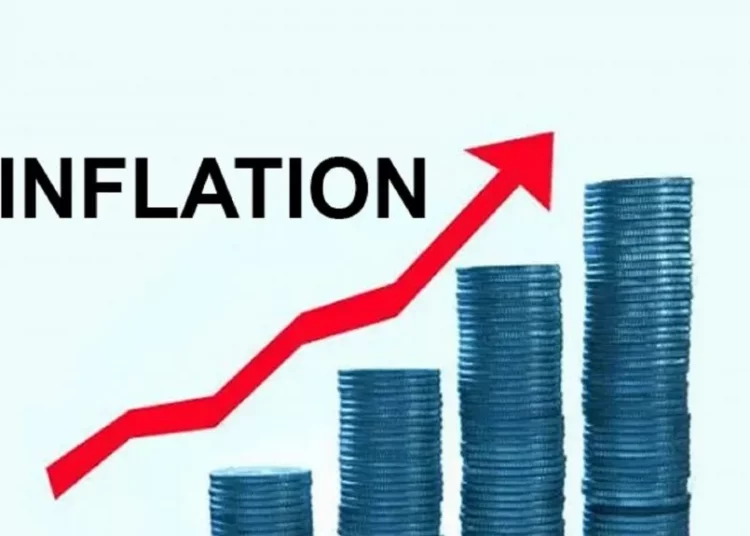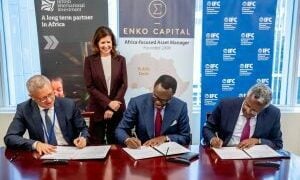Nigeria’s headline inflation rate slowed for the fourth consecutive month in July 2025, settling at 21.88 per cent compared to 22.22 per cent in June, according to the latest data released by the National Bureau of Statistics (NBS).
The 0.34 percentage point decline marks a modest relief for households and businesses, as both monetary and fiscal authorities continue aggressive measures to stabilise prices, strengthen the naira, and restore consumer purchasing power.
The drop follows a series of coordinated interventions, including the Central Bank of Nigeria’s (CBN) sustained tightening of the Monetary Policy Rate (MPR), stricter liquidity management, and increased transparency in the foreign exchange market.
On the fiscal side, the federal government has implemented targeted agricultural support schemes, released grain reserves to ease food supply pressures, and maintained import duty waivers on critical food items in an effort to curb runaway prices that had, until recently, severely eroded the value of the local currency.
In July 2025, food inflation stood at 22.74 per cent year-on-year — a steep 16.79 percentage point drop from the 39.53 per cent recorded in July 2024. Analysts note that part of this significant decline is due to the NBS’s adoption of a new base year (November 2009 = 100), which has adjusted the measurement framework.
On a month-on-month basis, food inflation was 3.12 per cent, down slightly by 0.14 percentage points from 3.25 per cent in June 2025.
NBS attributed the month-on-month decline in food prices to a slowdown in the rate of increase for key staples such as vegetable oil, white beans, local rice, maize flour, guinea corn, and wheat.
On a year-on-year basis, July’s headline inflation rate was 11.52 percentage points lower than the 33.40 per cent recorded in July 2024. However, the monthly inflation rate rose to 1.99 per cent in July 2025 — 0.31 percentage points higher than the 1.68 per cent recorded in June — indicating that while prices rise more slowly on an annual scale, short-term price pressures remain.
Urban and Rural Inflation Dynamics
Urban inflation in July 2025 stood at 22.01 per cent year-on-year, down by 13.76 percentage points from the 35.77 per cent recorded in July 2024. Month-on-month, it eased to 1.86 per cent from 2.11 per cent in June 2025. The 12-month average urban inflation rate was 27.04 per cent, a 5.85 percentage point decline from 32.89 per cent a year earlier.
In rural areas, July 2025’s inflation was 21.08 per cent year-on-year, a drop of 10.17 percentage points compared to 31.26 per cent in July 2024. However, on a month-on-month basis, rural inflation jumped to 2.30 per cent from 0.63 per cent in June, suggesting that price pressures in less urbanised regions remain volatile. The rural 12-month average inflation rate dropped to 23.84 per cent from 28.86 per cent a year earlier.
While the slowdown in annual inflation offers some respite, some analysts had warned that consistent gains will require deeper structural reforms, improved logistics for food distribution, and continued policy coordination between fiscal and monetary authorities.





